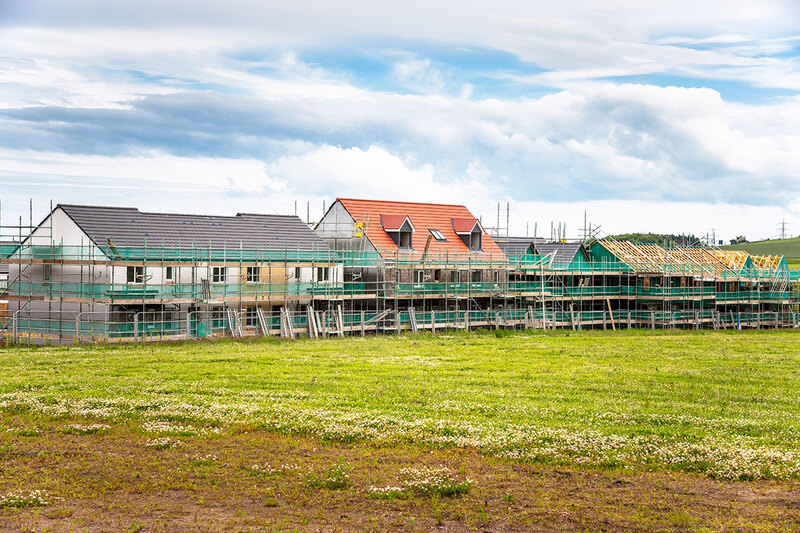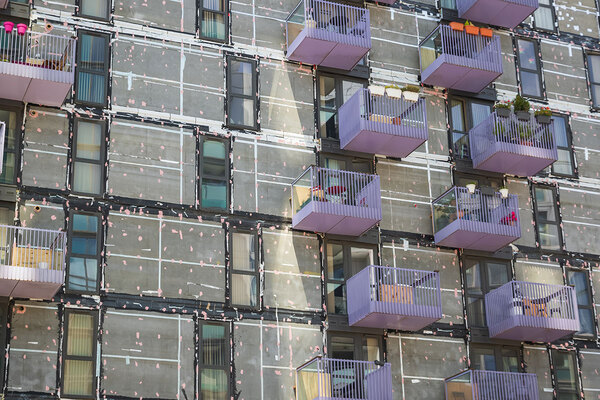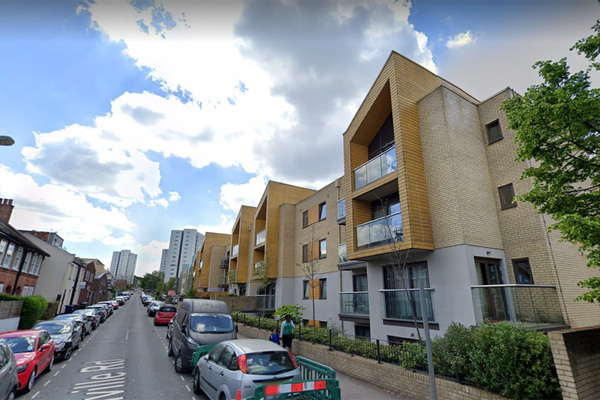New supply will suffer as sector picks up bill for fire safety works, housing associations warn
Social housing providers expect affordable housing development to take a hit as the latest government funding announcement leaves them set to pay for the majority of fire safety works from their own resources.

While a further £3.5bn was announced yesterday to pay for the removal of dangerous cladding, social landlords’ ability to access this cash will be limited.
Under the existing scheme, they can only claim for the sum they would have otherwise charged to leaseholders for cladding removal. In a mixed-tenure block, this would mean that the vast majority of the bill must be paid from landlords’ own resources.
The government indicated yesterday that the additional funding will operate on the same basis. This will leave the sector diverting billions which would have gone into new build to remediation.
Katie Bond, group director of sales and building safety at Notting Hill Genesis (NHG), told Inside Housing: “I do have concerns that over the medium term we will see a drop off of affordable housing as result of building safety work.”
The G15 group of London’s 12 largest housing associations alone expects to spend £3bn on fire safety defects in the next decade. The cost for the sector is expected to pass £10bn.
Ms Bond noted that the funding does not cover all fire safety defects, only cladding removal and replacement.
“The residual bill to housing associations is significant and they are going to balance these costs against other investment like new homes and decarbonisation,” she said.
Ms Bond said NHG is “broadly supportive” of a new developer levy announced by housing secretary Robert Jenrick, but wants clarity on whether housing associations would be exempt from this tax. The Ministry of Housing, Communities and Local Government said details about the levy will be set out in due course.
Ruth Davison, chief executive of 2,400-home Islington and Shoreditch Housing Association (ISHA), said the impact of bills for fire safety works are already being felt.
“Last year we built 80 new homes. We are not going to build 80 homes this year or next year – we will build nowhere near that,” she explained.
Ms Davison gives the example of ISHA’s plan to decarbonise an estate which represents 5% of its total stock, but this was put on hold as a result of mounting bills. “We won’t be able to make those changes now, we will have to do the bare minimum,” she said.
Speaking in parliament yesterday, Mr Jenrick acknowledged the “difficult situation” for social housing providers.
“Of course there are choices within this, and that in itself will have consequences and that will make it harder for those housing associations to invest more in affordable and social housing and other important aims they and I share, like making those buildings more energy efficient,” he said.
Mark Washer, chief executive of 58,000-home Sovereign, said: “£3.5bn is not enough and the government has recognised that with the [£50 per month] loan scheme. But I think without direct support, housing associations and leaseholders will be picking up the bill for cladding for a long time to come.”
“New supply will suffer,” he said and argued that upfront spending on fire safety works, with government recouping costs later, could have avoided a protracted strain on affordable housing supply.
Sign up for our daily newsletter
Already have an account? Click here to manage your newsletters
Sign up for our Retrofit Challenge Virtual Summit
If topics such as those mentioned in the above article are of interest to you, register for our Retrofit Challenge Virtual Summit here.














